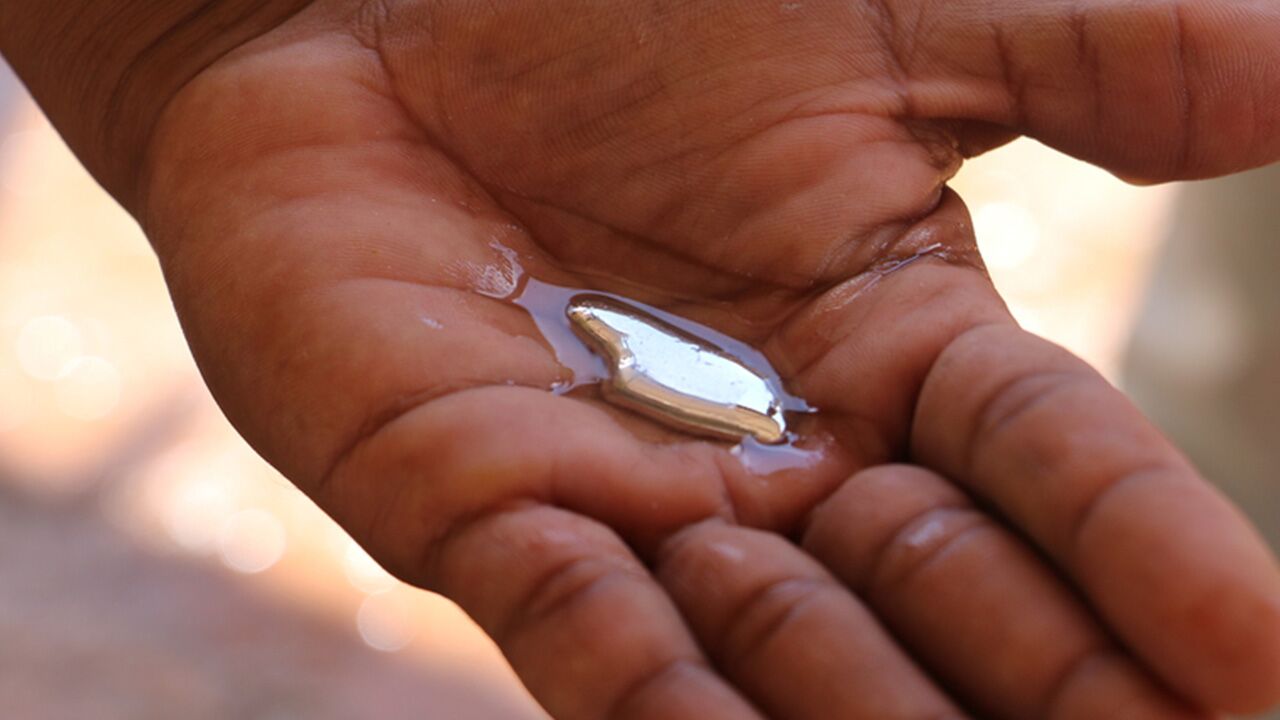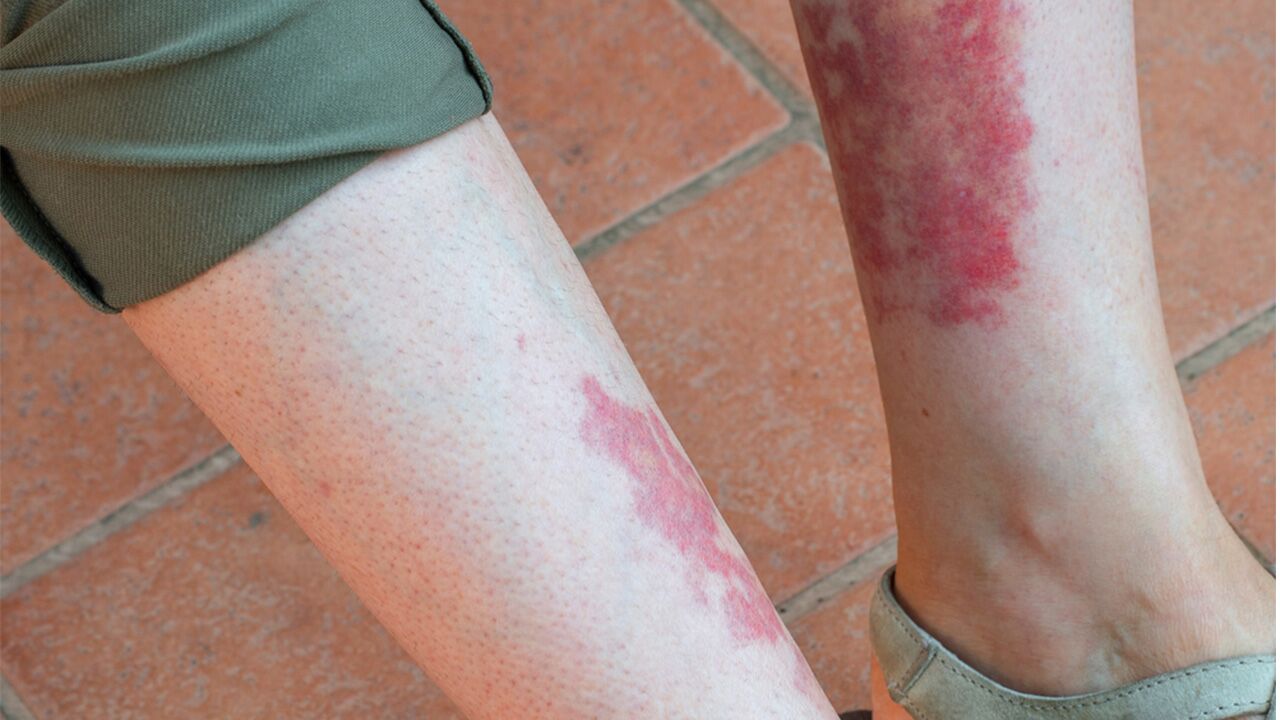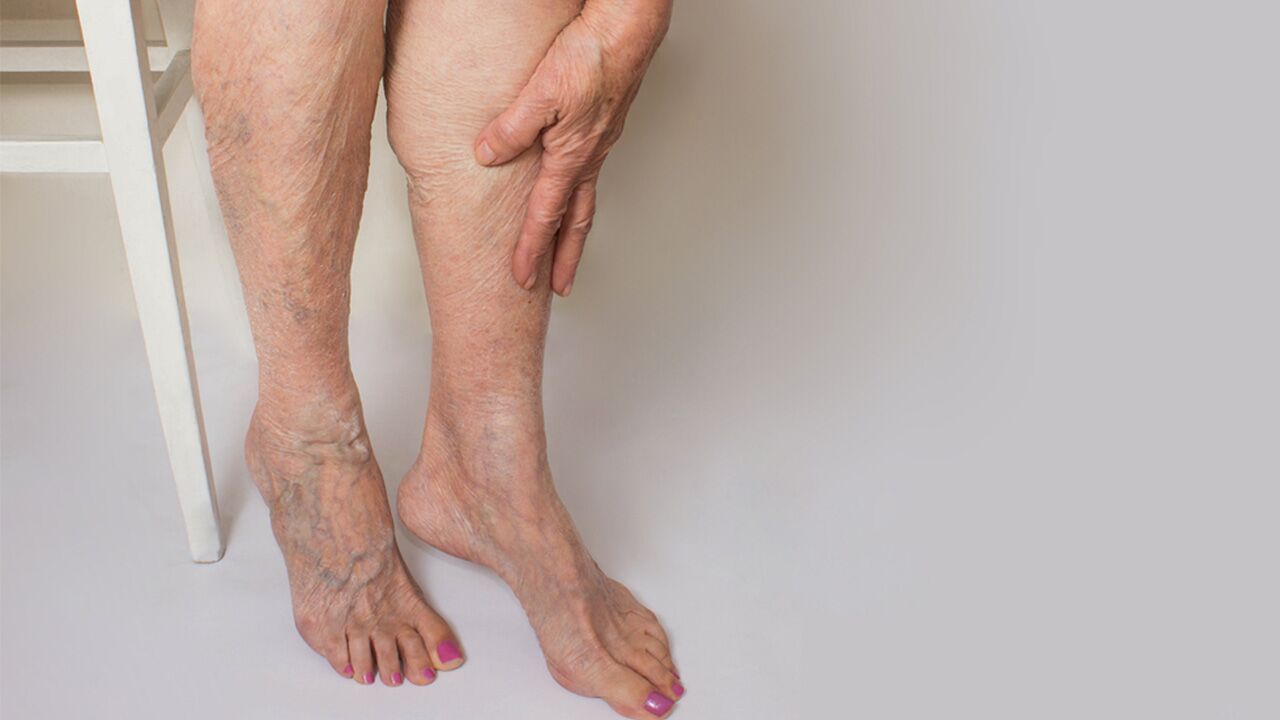

Mercury Exposure: How to Know If You Have Mercu...
Eating fish that contains methylmercury is the most common culprit of mercury poisoning in America, but there are also other carriers of mercury. Find out what they are, and what you should do if you think you've been exposed.

Vasculitis: Signs, Symptoms, Causes, Treatment
A potentially life-threatening condition in which blood vessels become inflamed, vasculitis refers to a group of rare diseases with disparate effects. Without treatment, vasculitis patients may suffer serious organ and tissue damage.

Bone and Joint Pain: Causes and Relief
If you’re having pain and wondering where it’s coming from and what you can do about it, come with us as we explore some of the many causes of bone and joint pain and what you can do to find relief.

Stay Hydrated! 14 Signs of Dehydration
Dehydration occurs when the body loses too much water without being replaced. Preventing dehydration is especially critical for people who are active or who sweat a great deal. Read on for 14 must-know signs of dehydration.

Colon Cancer: Causes, Symptoms, Treatment
Colon cancer is the third most common cancer diagnosed in the United States. Let's explore the causes, symptoms, and treatments for colon cancer, as well as the screening options that can dramatically up survival odds.

Getting Rid of Varicose Veins: Treatment and Pr...
Large veins that are often visible through the skin, varicose veins affect up to 35% of Americans. More common in females and older patients, they can cause distress, discomfort and even pose a long-term risk to patients’ health.

Bronchiolitis and Bronchitis: What’s the Differ...
Bronchiolitis and bronchitis, which are both infections of the lungs, are two distinct conditions that share some common symptoms, such as coughing, wheezing, and slight fever. However, there are major differences between the two illnesses.

Blood Clot in the Leg: Deep Vein Thrombosis Cau...
Blood clots are clumps of blood that have changed from a liquid to a gel-like or semisolid state. They are beneficial in preventing too much blood loss due to an injury or cut. A blood clot in the leg is the most common scenario, and could be potentially life-threatening.

What Is Emotional Health and How to Improve It
Your emotional health is an integral part of your overall well-being and deserves equal attention when pursuing a balanced, fulfilling life. Learn why feeding your psychological side is as important as feeding the biological, and simple practices you can follow to improve your emotional health.
Use left/right arrows to navigate the slideshow or swipe left/right if using a mobile device


